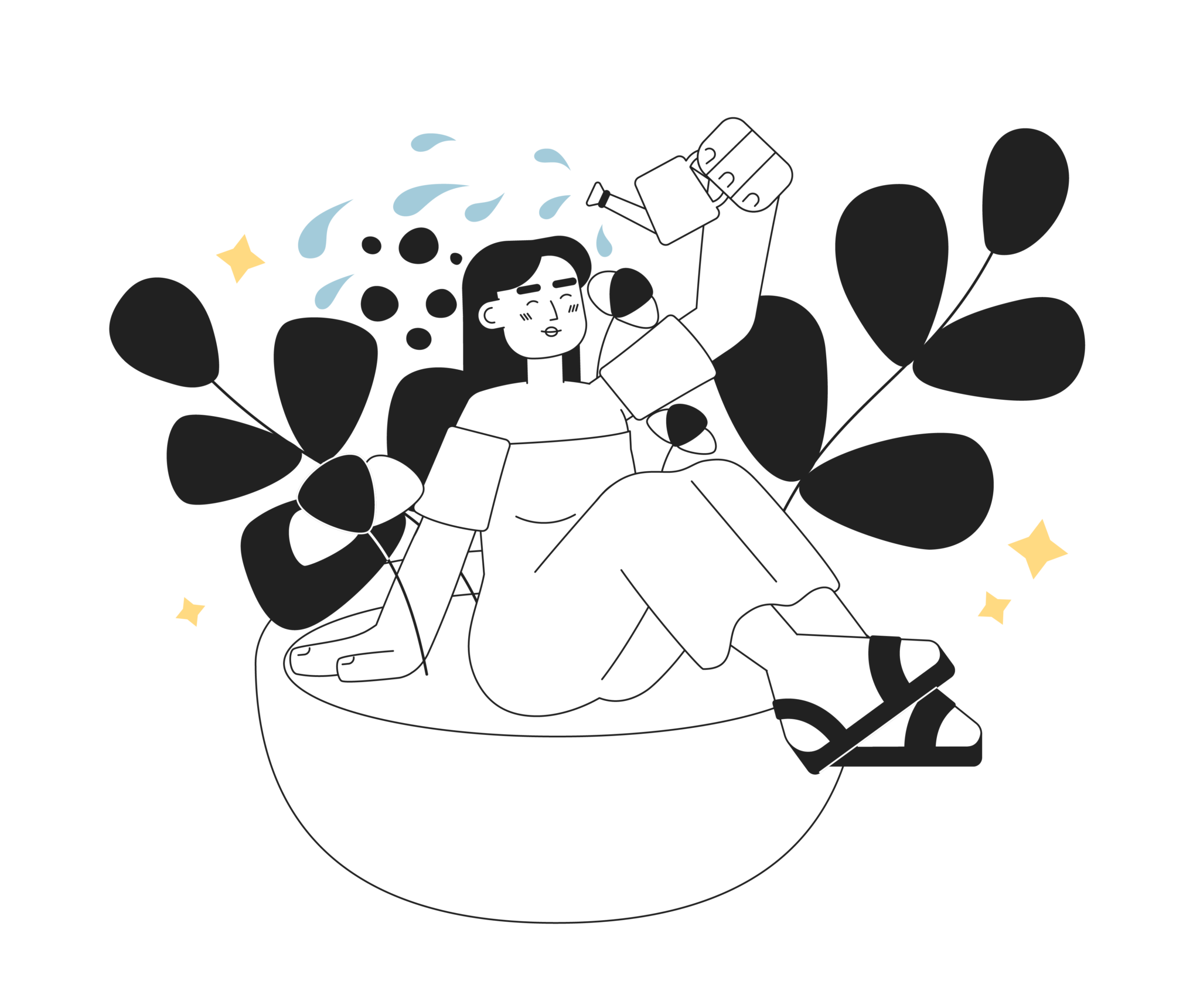I am thrilled to host this guest blog by Physiotherapist, Jo Godley. A must read for clinicians exeriencing any level of anxiety, and for managers supporting members of their team for whom it is a challenge.
Anxiety can be a serious burden on our health and wellbeing. Having lived with anxiety to varying degrees for many years I wanted to share my thoughts about managing it, in the hope that it might enable others to feel less alone.
Anxiety anywhere can be crippling, add to that work related anxieties and it can feel difficult to get away from it at times. It can have numerous different causes including physiological and psychological, plus any combination of these. It can be low level anxiety that started before you can even remember, and it can rear its ugly head at any time.
Many health professionals live with ‘imposter’ feelings which we cope with, in the main, until some of us don’t. The nature of healthcare is such that we are ‘givers’, we give out our time and energy to help other people and we feel guilty when we think we have failed. Even small and seemingly mundane failures such as not getting one patient better can cause immense feels of guilt and inadequacy. Let’s say this out loud – ‘it is impossible to get every single person better all of the time’. Sounds logical – Nadal can’t win every tennis match. But despite the obviousness of this statement, harbouring it as a true belief, is at times very hard to do. The ‘should’ thoughts of what we expect of ourselves and ‘should’ be able to do can become loud and domineering. We as health professionals are naturally critical and hard on ourselves.
Having experienced some serious anxiety including panic attacks over the last year, I wanted to share some of my top tips for helping others experiencing any level of anxiety, and for managers supporting the staff in their teams. I want to encourage conversations about anxiety, and create environments that are more open about these struggles. The relief of finding someone else who understands your feelings is not to be underestimated. For that person to be another physiotherapist, is often even more valuable. So speak out at work, find those kindred spirits, and trust that even when people are not shouting about it, they may have similar thoughts and fears to you, that go unspoken.
If you are experiencing panic attacks – learn about their physiology;
Feelings of faintness rarely lead to an actual faint – your heart rate is usually rising and so is your blood pressure, this isn’t usually compatible with passing out. Feelings of faintness are usually due to hyperventilation and a surge in adrenaline which can cause a rise in heart rate and tunnel vision.
To try and manage them, pick one thing you can see, feel, hear and smell, in turn, to focus your mind and ground yourself. Breath slowly and deeply.
My top tips for YOU and your anxiety;
- Check out underlying medical causes, eg. Thyroid issues and hormonal imbalances (with and without menopause) can cause anxiety and can happen completely out of the blue.
- Consider vitamin supplements to support as required – B vitamins may be useful even if they are on the low side of ‘normal’, vitamin D aids hormone balance and magnesium calms the nervous system. Dietary changes can also aid hormone imbalance – you can discuss these and other medications with your GP.
- Your GP can help to give you ‘permission’ to stop, sign you off to get on top of things. However, don’t rely on them completely; they will do their best but the reality is they will never have the time to delve into your lifestyle/diet options as fully as you might need. If you can, look to other specialists who have the time to help you.
- Practice something that relaxes you – yoga or meditation can be helpful, in the long or short term when anxiety is at its peak, to help you sleep, or just switch off.
- Walk – this activity uses both sides of the brain which is calming, fresh air and nature can all be soothing, make time for you. Some form of exercise either way is important.
- Disconnect from social media or the news for a while, remember that little word ‘no’. Saying no to things is self-love; be selfish to look after yourself. No one will hold it against you in the long run.
- Try and get the basics right – a healthy varied diet, sleep hygiene – set times to go to bed and get up, and stick to them, put your phone/lap top/TV away an hour before bed, or at least use a blue light filter. Avoid caffeine before bed. Exercise earlier in the day if possible.
- Acceptance – accepting your anxiety as part of you. In my worst state of anxiety the only thing that helped me was accepting that it was there. Naming it out loud and relinquishing the fight to conquer it. I discovered this by accident, and it was so helpful I was genuinely surprised.
- Try not to compare yourself to others (easier said than done of course).
- Seek help from professionals if needed, counsellors, coaches; keep trying until you find a method that works for you, or a person who ‘gets’ you. You will gain something from all of them, but one may click and make the biggest difference.
My top tips for MANAGERS;
- Listen to peoples fears and anxieties and validate them. Even if you have never experienced these feelings and can’t understand them.
- There are people (though probably not that many) who are NOT riddled with self doubt, and genuinely can’t understand why others are. If you are one of these, signpost people to others who can help them and can empathise fully. Help them find other staff members in your organisation who can offer some emotional support.
- Signpost to professional services within your organisation, if you have them. These may include staff counselling and anxiety management groups, but understand that sometimes people just need to feel like you have their back.
- Encourage open discussions at staff meetings about mistakes, create an environment where it is ok to get things wrong, to learn from them in a ‘safe’ environment. Acknowledge that we are not all perfect, and should all accept our human nature. Allow discussion of these things without fear of ‘shame’. We all have ‘off days’ when we might do or miss something that wouldn’t normally have happened.
- Ask staff for their feelings at work using surveys, get your health and safety reps involved, and act on the results – offer feedback, allow staff to tell you what they feel they need.
Useful resources
Books –
Notes on a Nervous Planet and The Comfort Book by Matt Haig
The Happiness Trap by Russ Harris
Daring Greatly and Rising Strong by Brene` Brown
Relaxation-
Headspace interactive programme on Netflix
Yoga routine for sleep – https://www.youtube.com/watch?app=desktop&v=C_MFrCwVD34
Apps – Worry Tree, Insight Timer
Professional Support-
You matter podcasts by Jo Turner – https://amp.listennotes.com/podcasts/you-matter-jo-turner-aYrwJO76428/amp/
Coaching – mehab.co.uk
Information on imposter syndrome – https://m.youtube.com/watch?v=XfCWvOCfHB4 margaretcollins.com
Disclaimer! – these suggestions are in no way exhaustive, they are just the things that I found helpful and I hope that you can use them as a springboard to learn about what works for you.



